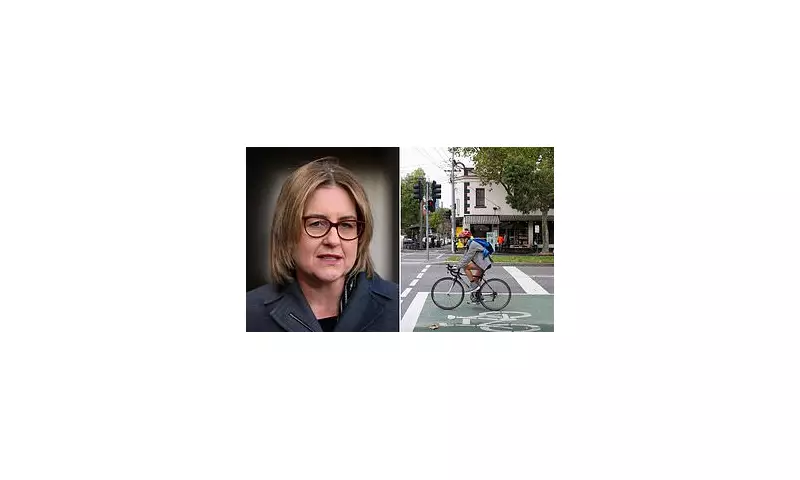
Melbourne could become the first Australian city to impose radical speed restrictions on cyclists, with groundbreaking research from RMIT University proposing limits as low as 10km/h in high-pedestrian areas.
The Research Behind the Restrictions
A comprehensive study from RMIT's School of Engineering has identified "significant safety concerns" in shared spaces where cyclists and pedestrians interact. The research, which analysed collision data and pedestrian behaviour patterns, suggests that current cycling speeds in busy CBD locations create unacceptable risks.
Dr. Ali Soltani, the lead researcher, emphasised that the proposal targets specific high-risk zones rather than blanket restrictions. "We're not suggesting cyclists should travel at 10km/h everywhere," he explained. "This is about designated high-pedestrian areas where the mix of speeds creates dangerous situations."
Proposed Implementation Zones
The research identifies several potential locations for the speed restrictions:
- Bourke Street Mall and surrounding pedestrian-heavy areas
- Flinders Street Station forecourt and adjacent pathways
- Southbank promenade during peak pedestrian hours
- Federation Square and other major tourist attractions
Cycling Community Reaction
The proposal has generated strong reactions from Melbourne's cycling community. Advocacy groups argue that such restrictions would make cycling impractical for commuters and could discourage active transport.
"A 10km/h limit is barely faster than walking pace," said one cycling advocate. "This would effectively eliminate cycling as a viable transport option in the city centre during restricted hours."
Safety Versus Practicality Debate
Pedestrian advocacy groups have welcomed the research, pointing to increasing conflicts in shared spaces. "We've seen near-misses and actual collisions becoming more frequent," said a representative from Walk Melbourne. "Something needs to change to ensure everyone can use these spaces safely."
The research team suggests that the speed limits could be implemented through a combination of signage, education campaigns, and potentially technological solutions like speed-limiting devices in future smart bike-share schemes.
Next Steps and Government Response
While the research provides compelling data, any implementation would require approval from the Victorian government and City of Melbourne. Transport officials have indicated they're reviewing the research but haven't committed to any specific policy changes.
The debate highlights the ongoing challenge Australian cities face in balancing different transport modes as urban densities increase and active transport becomes more popular.





